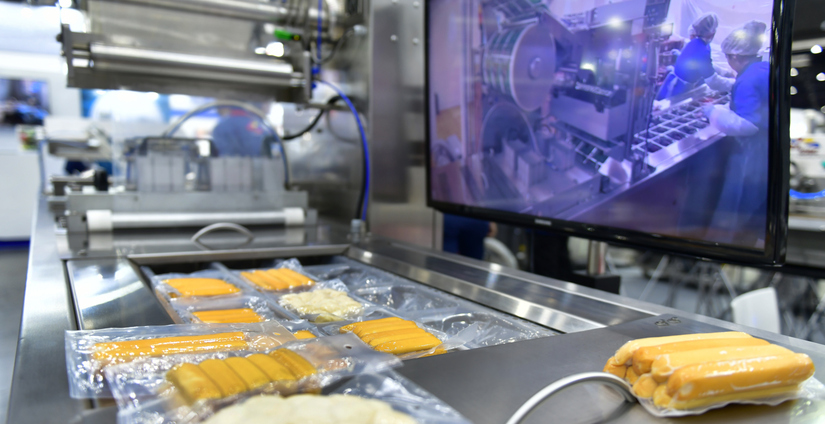
Why Food Manufacturers Need Smart Factories
Discover why smart factories are essential for food and beverage manufacturers facing labor shortages, compliance demands, and supply chain disruption.

Discover why smart factories are essential for food and beverage manufacturers facing labor shortages, compliance demands, and supply chain disruption.

Food manufacturing compliance is becoming more complex as new food safety regulations, traceability requirements, and audit expectations take shape heading into 2026. Our eBook, How Food Manufacturers Can Master Compliance

This post will examine why managing quality records outside of an ERP can lead to chaos, and how modern ERP systems can help food companies finally get a handle on routine compliance.

Success with AI initiatives depends just as much on your people as the technology. Preparing Teams for an AI-Driven Future is a practical guide designed to help leaders, HR professionals,

Discover how AI is revolutionizing food and beverage manufacturing, enhancing quality, reducing waste, and improving decision-making.

Labor shortages, strict regulations, supply chain disruptions, and rising customer expectations are all part of the challenges of food manufacturing. Our eBook, Leveraging Industry 4.0 in Food Manufacturing breaks down